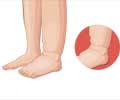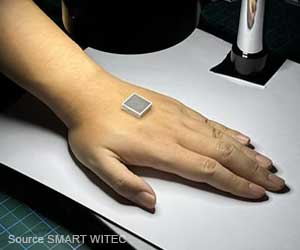A team of scientists has combined a patch clamp with what is essentially an atomic force microscope to be able to now study beating cardiac cells.

Now a team of scientists has combined a patch clamp with what is essentially an atomic force microscope to be able to now study beating cardiac cells. The new technology relies on a special force-controlled nanopipette that was modeled on microchanneled cantilevers used in atomic force microscopes.
Study abstract: First, the compatibility of the system with patch-clamp electronics and its ability to record the activity of voltage-gated ion channels in whole-cell configuration was demonstrated with sodium (NaV1.5) channels.
Second, we showed the feasibility of simultaneous recording of membrane current and force development during contraction of isolated cardiomyocytes. Force feedback allowed for a gentle and stable contact between AFM tip and cell membrane enabling serial patch clamping and injection without apparent cell damage.
Source-Medindia
 MEDINDIA
MEDINDIA




 Email
Email







